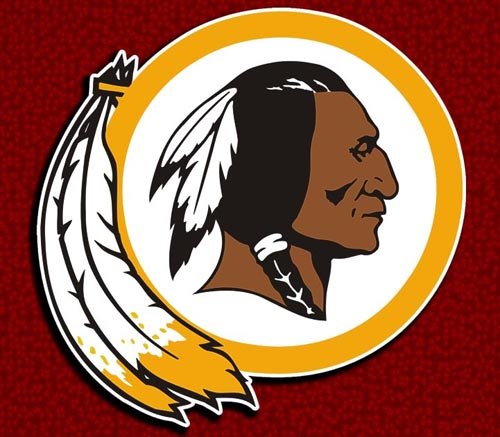
I have not watched much football this season. The reasons are complicated, but I will get to them. Nevertheless, on January 6, I watched as the Washington Redskins lost to the Seattle Seahawks. There were two things that struck me in watching the game.
The first was the injury suffered by the Washington Redskins quarterback Robert Griffin III. Griffin is a brilliant quarterback who has received an immense amount of well-deserved attention. In the first quarter, the already suffering Griffin, endured an injury. In the fourth quarter, he suffered another injury. At first he did not get up. Finally, he was assisted off the field. He has now undergone surgery for a torn lateral collateral ligament.
The reality of the brutality of football has eaten away at me over the years. It reminds me of an experience I had years ago in a restaurant where I was consuming a meal that I first thought was only slightly salty. As I had more and more of the meal I suddenly realized that it was more than slightly salty; it was very salty. I was, ultimately, overwhelmed by the salt content and could no longer look at the food, let alone eat it.
It is not just watching the brutality that gets to me but more thinking about what happens to the football players after their careers have ended. Having suffered numerous injuries, football players have a shorter life-span than the rest of us. Those who have suffered head injuries are subject to long-term challenges, including various forms of dementia.
The fans cheer and cheer for the courage of these players but then give little attention to what happens when they leave the playing field. They quickly become ‘old news.’ Despite the efforts of the NFL Players Association to raise the issue of injuries, most of us forget about the matter altogether when the game is over and we turn off the television.
The second thing that occurred to me in watching the Washington Redskins lose is that, despite the on-going protests by Native Americans and their friends regarding the racist name “Redskins,” Daniel Snyder, owner of the team, and his cohorts refuse to change it. Worse than that, too many of the fans treat the issue of the name of the team not very differently than they do the injuries of the players. Fans, including African Americans who should know better, turn off a piece of their minds when it comes to the implications of the name “Redskins.” While a racist name would be totally unacceptable under any other circumstances, when it comes to Native Americans it is apparently acceptable, at least as far as most fans seem to be concerned.
In the aftermath of their team’s defeat there was a lot of sadness among “Redskins” fans. I was sad too, but for different reasons. I found myself wondering what happens to players like Griffin after they have been used up. I also found myself pained by the toleration of the almost continuous insults perpetrated against Native Americans, including by people who have experienced the humiliations and abuses associated with racist caricature.
Bill Fletcher, Jr. is a Senior Scholar with the Institute for Policy Studies, the immediate past president of TransAfrica Forum, and the author of “They’re Bankrupting Us” – And Twenty Other Myths about Unions. Follow him on Facebook and at www.billfletcherjr.com.
